Indigenous strategic health plans
Learn more about the Indigenous health & wellness strategy and Indigenous mental wellness plan.
Working with Indigenous partners and communities, and building on existing knowledge and experience, we are committed to strengthening health services and improving health outcomes for all First Nations, Métis and Inuit peoples.
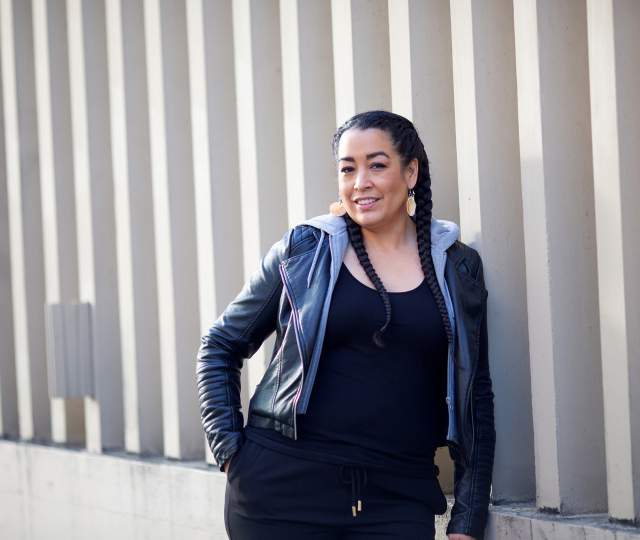
Learn more about the Indigenous health & wellness strategy and Indigenous mental wellness plan.
Indigenous Health and Wellness Strategy (AHWS) 2022-2026
The IHWS serves as a framework for IH’s 23,000 staff and 1,900 physicians to provide high quality, safe and effective health services to all Indigenous peoples and families. The strategy is informed by and supports commitments to Indigenous partners through signed agreements, including the Letters of Understanding (LOUs), Partnership Accord, and Cultural Safety Declaration, as well as the IH Strategic Priorities and Ministry of Health (MOH) mandate.
Directly aligned with our focus on providing quality driven, people-centred care for Indigenous peoples, the Indigenous Mental Wellness Plan (AMWP) aligns with our mental health and substance use, First Nations Health Authority and Indigenous community planning. It was developed through input by Indigenous peoples, families, communities, organizations and health-care providers.
Learn more about Indigenous Health & Wellness engagement initiatives within the Interior.
The inaugural Indigenous Engagement Forum was successful in creating space for external Indigenous partners and IH leaders and staff to come together, build and strengthen partnerships, share information on joint projects, learn about IH services and programs, and gather input on services. The Forum also highlighted successful partnerships and outstanding initiatives.
In June 2020, Dr. Mary Ellen Turpel-Lafond was appointed by the B.C. Minister of Health to review Indigenous-specific racism in the provincial health care system. The investigation found extensive examples of racism and discrimination against Indigenous patients and resulted in the In Plain Sight (IPS) Report – the full report and a data report – published in November 2020 and February 2021 respectively. IPS made 24 recommendations to be implemented within and integrated into the B.C. health-care system in response to Indigenous racism.
The following reports show Interior Health’s progress on those recommendations on changing systems, behaviours and beliefs. As part of IH’s commitment to action, we will publicly report progress towards implementing the IPS recommendations annually.
We are committed to working together with First Nation and Métis partners to change our health system and eliminate racism and discrimination at Interior Health.
Read statement on behalf of B.C. health authorities
Susan Brown, Interior Health president & CEO, on the work done by Mary Ellen Turpel-Lafond:
“The important work led by Mary Ellen Turpel-Lafond to investigate the extent to which Indigenous-specific racism exists in our health system, must mark a turning point for our province and our region. Although it is difficult to hear and read the results of the investigation, and to understand the significant impacts of racism in the lives of First Nation and Métis people living in the southern Interior, it is also what drives us to change.
We now have an accountability to respond. I want to thank every person who shared their story and who contributed their experiences to Ms. Turpel-Lafond’s review, which was summarized in the In Plain Sight report released in November which was further detailed in the report released (in February). Addressing Indigenous racism and discrimination is a priority for Interior Health.
We are committed to working together with our First Nation and Métis partners to ensure each person who receives care and services from IH is treated with respect, dignity and compassion.”
Our commitment to Indigenous health and wellness is strengthened through partnerships.
Indigenous Patient Navigators (IPNs) are important members of our care teams. They work in hospitals and health centres throughout Interior Health and are available to support Indigenous peoples and their families during their care. Having an Indigenous Patient Navigator as part of the patient care team creates a safe space for Indigenous peoples to interact with the health system.
Whether or not you wish to self-identify as Indigenous, Indigenous Patient Navigators are here for you. The goal of an Indigenous Patient Navigator is to help make your hospital care and journey to wellness safe, comfortable and less confusing.
The Indigenous Discharge Toolkit was developed to assist clinicians with discharge planning for Indigenous patients from Royal Inland Hospital to their home communities within the Thompson Cariboo Region of Interior Health.
The toolkit's resource document helps the care team connect with appropriate community members and resources based on the patient's needs and wishes. The toolkit is also informative for many clinicians within the Thompson-Cariboo region.
Much gratitude to all of the Indigenous partners, First Nations Health Authority Community Health Practice Consultants, Nation Health Managers, First Nations Health Directors, Métis Health System Advocates, Nation Community Engagement Coordinators, Indigenous Patient Navigators, and the many more who contributed to the toolkit development.
If you have any queries about the department, program or project identity, or if there is any missing/updated information you would like to provide, please do not hesitate to contact us at RIH.EDU@interiorhealth.ca.
Interior Voices is our Indigenous health and wellness podcast series that explores the intersection of health and culture in the workplace, our everyday lives and patient care.
The Indigenous Self Identification (ISI) project helps us better understand and respond to the diverse needs of Indigenous peoples. When you arrive at one of our hospitals or health centres, you will be asked if you wish to self-identify as Indigenous during the registration process. Sharing your identification is voluntary.
We are committed to closing the gap in health and social conditions between Indigenous peoples and other British Columbians. The Indigenous Self Identification project enables Interior Health and Indigenous Health organizations and communities to collaboratively work together to improve the health status of Indigenous people living within IH.
Collecting Indigenous Self Identification information supports the Transformative Change Accord (an agreement between the Province, Federal Government and Indigenous Governments), and the B.C. government’s commitment to close the health status gap between Indigenous peoples and non-Indigenous people living in British Columbia. All groups of Indigenous peoples in Canada experience inequities in health outcomes and a higher rate of chronic disease and injury compared to non-Indigenous Canadians.
Everyone is given the opportunity to self identify as having Indigenous ancestry. No assumptions are being made about who is Indigenous and who is not.
Yes. Choosing whether or not to self identity is completely voluntary. If you don’t wish to provide the information there will be absolutely no impact on the quality of care you receive.
People who self identify as Indigenous will be asked a few more questions including whether or not they want to receive Indigenous Patient Navigator services. Self identification enables our care teams to deliver more culturally sensitive care and to integrate traditional practices into your care plan.
We are committed to providing appropriate, culturally competent, high-quality care to everyone.
Collecting information on Indigenous ancestry will strengthen our efforts to design and deliver more culturally sensitive programs and integrate traditional practices into the delivery of health care to First Nations, Métis and Inuit people.
We will share de-identified information with Indigenous governments for their health care planning purposes.
All information collected is completely confidential and protected by the Freedom of Information and Protection of Privacy Act.
No, you will only be asked once and your answers will become part of your electronic patient record.
Yes, you can change your Indigenous Self Identification response during any visit to an Interior Health facility.
Indigenous organizations were involved in the development of the Indigenous Self Identification questions. The Ministry of Indigenous Relations and Reconciliation also worked with Indigenous organizations and the First Nations Leadership Council to develop the Aboriginal Administrative Data Standard that is used across ministries for the collection and analysis of information about Indigenous people.
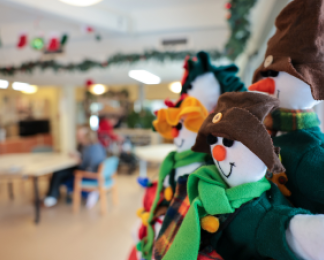
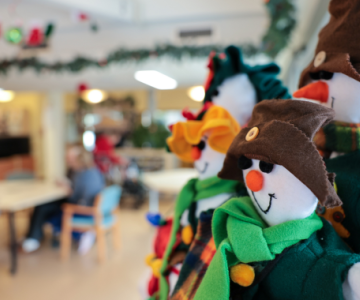
Those with dementia need special consideration during the holidays. Read our tips and advice to make the holidays enjoyable for everyone.
/stories/supporting-loved-one-dementia-during-holidays


Loreen’s ability to keep calm under pressure, paired with her caring nature, have been integral to her success and to the quality of care that she provides.
/stories/we-are-ih-experienced-nurse-always-steps-when-needed
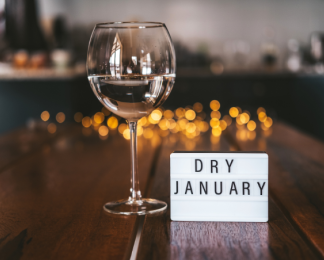
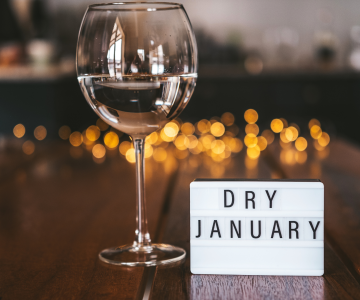
Many people like to do the Dry January challenge, but going dry isn't for everyone. Gain tips on reducing your alcohol consumption in the New Year and beyond..
/stories/thinking-going-dry-january-going-damp-great-option-too
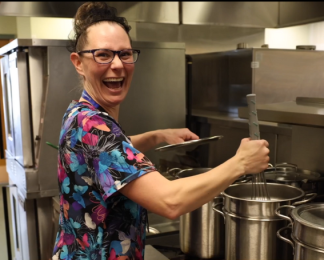
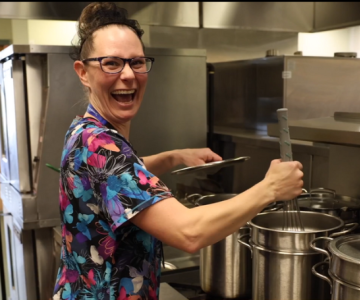
As we come to the close of 2024 we pause to reflect on the year and celebrate our achievements. Watch our short video of this year’s highlights across IH.
/stories/looking-back-and-celebrating-2024
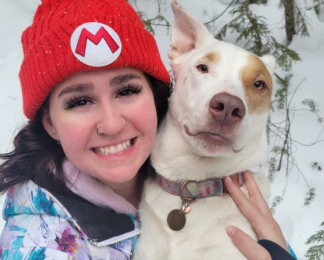
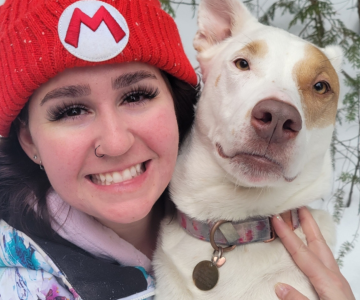
All's well that ends well: For Kelowna health unit aide JQ, this simple phrase is more than advice—it’s a way of life.
/stories/we-are-ih-health-unit-aide-brings-positivity-every-day
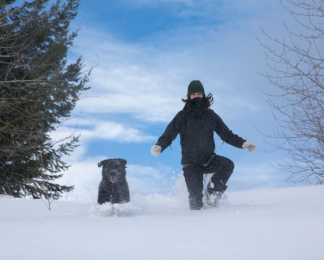

The winter and holiday season can bring joy, but can also bring stresses and challenges. Explore these 10 tips for supporting for mental and physical health.
/stories/10-healthy-habits-winter-and-holiday-season
Receive news and alert posts, and Stories@IH blog posts, right to your inbox!
